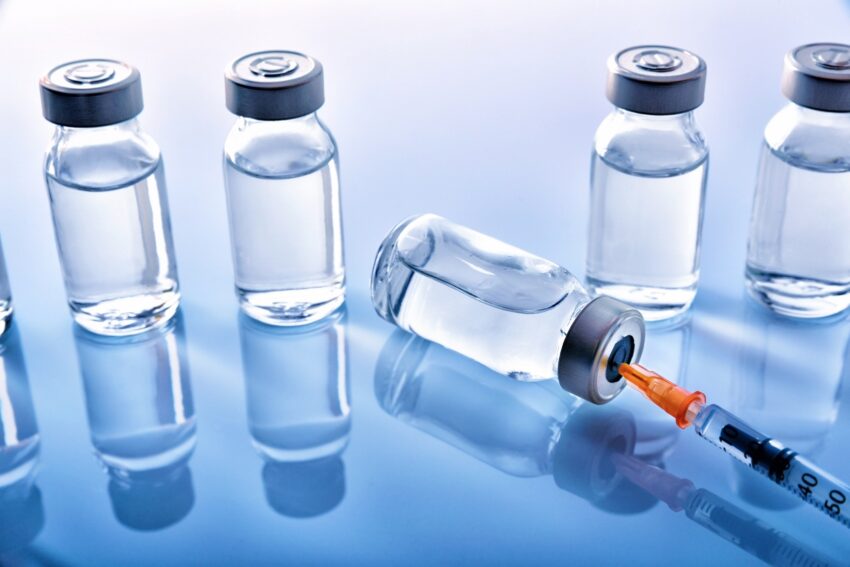What are Biosimilars? Developments and Implications
Biosimilars are biologic medical products that are approved based on demonstrating similarity to an already FDA-approved biologic product known as the reference product. A biosimilar is expected to be highly similar and have no clinically meaningful differences from the reference product. Biosimilars offer opportunities to improve access to important medicines for millions of patients.
Regulatory Approval Process for Biosimilars
The FDA approval pathway for biosimilars relies on extensive structural and functional characterization, as well as clinical trial data assessing its safety, purity, and potency. Biosimilar products are approved for the same indication(s) as the reference product. Extrapolation of indications is allowed if its ability to produce a clinical response is the same. FDA ensures sponsors meet rigorous standards through a stepwise approach where they must demonstrate biosimilarity to the reference product. Critical factors include analytical studies showing their highly similar protein structures, as well as clinical pharmacology and safety trials.
Cost Savings from Biosimilars
Biosimilars offer cost savings compared to their reference biologics due to fewer research and development costs. With patents expiring on many biologics, biosimilars have potential to lower healthcare costs substantially. Their development requires significant investment but less than pioneering reference products. As biosimilars enter the market, their increasing competition is expected to result in a 15-35% overall reduction in spending on biologics. This could save the U.S. healthcare system over $250 billion over the next decade. Lower drug costs enable greater treatment access and improved management of diseases.
Interchangeability of Biosimilars
The FDA evaluates biosimilars for interchangeability, which allows the biosimilar to be substituted for the reference product without involvement of the prescriber. Products deemed interchangeable are expected to produce the same clinical result as the reference product in any given patient. Additional switching studies are required for an interchangeable designation. Once approved as interchangeable, pharmacists may substitute the biosimilar at the pharmacy counter without the prescriber needing to modify their prescription. However, not all biosimilars may meet the higher standards for interchangeability.
Areas of Development and Unmet Needs
While significant progress has been made, further development is still needed in some key areas of biosimilars. Certain biologic classes like monoclonal antibodies present greater complexities. Their approval relies on analytical comparisons and early clinical data, supplemented over time with real-world data. Postmarketing pharmacovigilance is essential to fully characterize biosimilar safety. Patient and physician education also remains important to enhance understanding and acceptance of these valuable treatment alternatives. Greater experience and approvals will bolster confidence. Overall, biosimilars represent an opportunity to transform healthcare through increased competition and access.
Market Uptake of Biosimilars
Several biosimilars have now achieved significant market penetration in the U.S., Europe and other regions after early biosimilar launches. This includes filgrastim, infliximab, and etanercept biosimilars. However, market uptake varies significantly depending on the reference product, clinical indication, geographic region, and other local market factors. Studies have shown uptake is faster where use is mandated/financially incentivized, such as in hospital inpatient settings. Voluntary uptake in settings like retail pharmacies progresses more gradually as experience accumulates and biosimilar adoption increases.
Biosimilar Competition Benefits Payers and Patients
When multiple biosimilars successfully enter a market, prices drop dramatically due to heightened competition. For example, when three brands of filgrastim biosimilars became available in Europe in 2015, prices dropped by nearly 80%. This surge in market competition then enabled broader treatment access for cancer patients. Payers and healthcare systems have benefited tremendously as biosimilar cost savings are passed along. Some nations have reported saving enough to treat thousands of additional patients each year from biosimilar cost reductions alone. The U.S. hopes to replicate this success and ensure all who can benefit from biologic therapies are able to access affordable treatment options.
Role of Clinicians in Biosimilar Adoption
To gain acceptance and support from healthcare providers, biosimilars must demonstrate equivalent safety, efficacy and quality in clinical practice. Physician familiarity and understanding of biosimilars is pivotal to drive appropriate substitution and prescribing decisions. Studies show most doctors now support biosimilars, but many still lack details regarding FDA standards and data requirements behind approvals. Educational initiatives aim to address physician knowledge needs for balanced biosimilar decision-making. Clinical guidelines from leading medical societies also assist prescribers in identifying appropriate use cases, which can accelerate biosimilar uptake in line with payers’ formulary placement decisions.
Patient Perspectives on Biosimilars
While biosimilars offer clinical validity and cost savings, success depends on patient acceptance and comfort with these treatments. Key concerns include differences versus originator biologics and potential long-term safety implications. Targeted patient education clearly explaining biosimilar development standards and rigorous safety testing has helped address many uncertainties. High profile consumer groups also advocate for greater access to affordable treatment through biosimilars. Surveys show most patients now understand biosimilars are not generic copies but have demonstrated equivalence as alternatives to reference products. Increased experience with biosimilars in clinical practice should further alleviate concerns and empower informed treatment choices.
Biosimilars are opening doors to make biologic treatments financially viable worldwide. By introducing similar but more affordable alternatives through rigorous development pathway, biosimilars facilitate expansion of access while freeing up resources for innovation. Their availability helps optimize allocation of scarce healthcare resources, especially critical for countries with limited budgets. With several blockbuster biologics patents expiring soon, biosimilars are set to bring revolutionary changes in treatment landscape globally in years to come. Timely utilization of biosimilars can alleviate huge disease burden and transform lives through sustainable access to advanced medical care.
*Note:
1. Source: Coherent Market Insights, Public sources, Desk research
2. We have leveraged AI tools to mine information and compile it.

